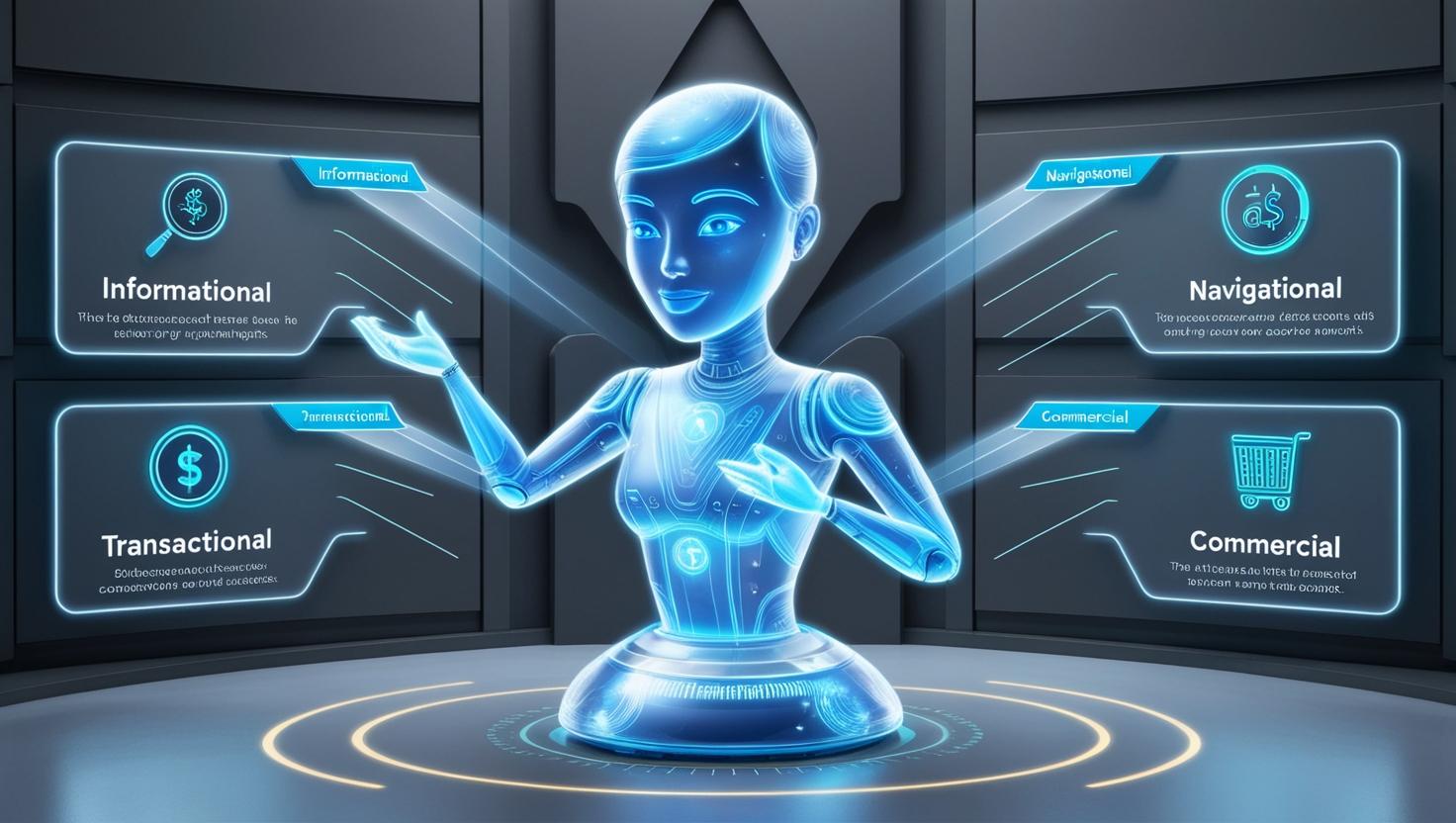What Is Search Intent and Why Does It Matter for SEO?
As an SEO professional who primarily optimises for Google, search intent is a fundamental concept I think about every day. If I were to explore the latest advancements, I’d start by using Google itself and use tools like Gemini AI rather than ChatGPT to ensure I’m up-to-date and to get it from the horse’s mouth, as well as check the policy guidelines. Today I’m interested in Gemini’s view on Seach Intent and have a few thoughts of my own to add.
What is Search Intent?
Search intent is the “why” behind a user’s search query. It’s the motivation that drives someone to type something into a search engine. (I do really like the way it’s explained that) Understanding and satisfying this intent is absolutely crucial for SEO success because it aligns with Google’s ultimate goal: delivering relevant results that meet users’ needs.
While this has always been Google’s mission, recent updates—such as AI overviews and enhanced featured snippets—show that Google increasingly prioritises the user experience. But here’s the catch for businesses: Google doesn’t seem to be concerned about businesses optimising for its platform unless they’re paying advertisers. Why should a user click through to your website if Google provides a “good enough” answer directly on the SERP?
This makes understanding search intent more critical than ever.
How Gemini Explains Search Intent as an SEO Strategist
It’s More Than Just Keywords
While keywords are an essential piece of the SEO puzzle, they’re not the whole picture. Gemini delves deeper, analysing the context of searches, users’ stages in the buying cycle, and even (arguably) their emotional state.
The Four Core Types of Search Intent:
- Informational: Users are seeking knowledge or answers to their questions.
Examples:
- How to bake a cake
- What is quantum physics?
- History of the Internet
- Navigational: Users are looking for a specific website or online destination.
Examples:
- Transactional: Users are ready to take action, such as making a purchase or booking a service.
Examples:- Buy iPhone 15
- Cheap flights to Malaga
- Order Chinese takeaway online
- Commercial: Users are researching before making a purchase decision, often comparing options or reading reviews.
Examples:- Best laptops for gaming
- Learn SEO vs SEO agency
- Top hotels in London
Analysing the SERPs
The Search Engine Results Pages (SERPs) provide invaluable insights. If tools and data overwhelm you, remember that Google itself is your best friend. Even Gemini states that it analyses the SERPs to understand what Google considers the most relevant and helpful results for a query. Key areas to review include:
- Content types: Are the top results blog posts, videos, or product pages?
- SERP features: Are there featured snippets, “People Also Ask” boxes, or image carousels?
- Search intent indicators: Look for keywords like “buy,” “review,” or “near me.”
Using Search Intent for SEO Strategy
Gemini applies its understanding of search intent across all aspects of SEO, and so should you:
- Keyword Research: Focus on keywords that match user intent. Answer your customers’ questions, and you’re off to a great start. You are never going to go wrong with answering your customers questions when it comes to creating content for your website.
- Content Creation: Develop content that fulfils the specific needs of your audience – (pretty much what I just said above)
- On-Page Optimisation: Optimise titles, headings, and content with intent in mind. I can help you with that in the SEO School.
- Link Building: Create high-quality content to attract links naturally.
By prioritising search intent, Gemini ensures (if it was doing your SEO Strategy for you, and you reminded it that was the case) that its strategies deliver value to users, driving engagement, conversions, and long-term SEO success.
The Bigger Picture: SEO Success in 2025
True SEO success isn’t just about ranking on page one or increasing traffic. It’s about driving real results—enquiries, sign-ups, and sales. SEO shouldn’t operate in isolation, either. Identifying your customer persona and diversifying your marketing channels are more critical than ever. Make 2025 the year you expand your efforts and reach customers where they are.
Founder of Janine Marriott SEO School, Janine Marriott has over 10 years of hands-on experience as a Search Engine Optimiser. She has successfully taught the fundamentals of SEO to hundreds of small business owners across Scotland and the UK, helping them achieve significant online visibility and growth. Janine specialises in conducting comprehensive SEO audits, offering clear, actionable insights that consistently deliver measurable results. Renowned for her expertise and reliability, Janine is highly recommended by clients and peers alike, building a strong reputation through word of mouth.

